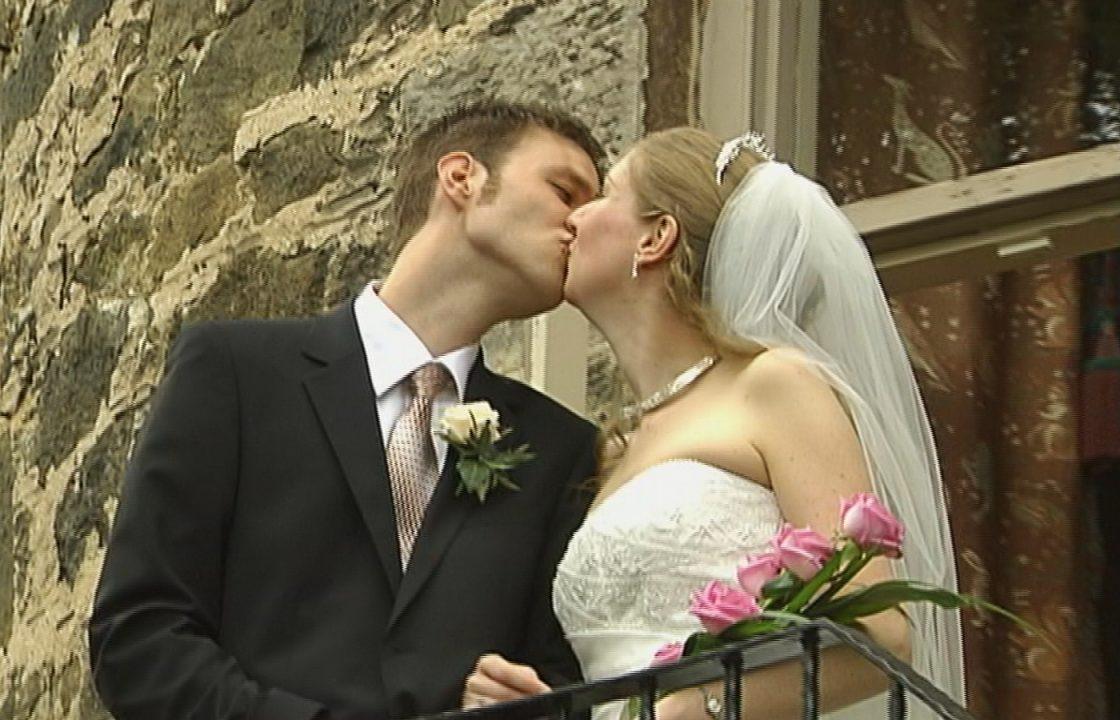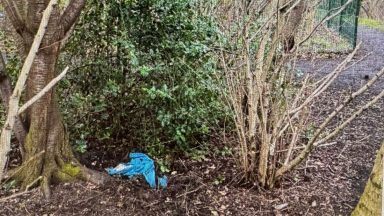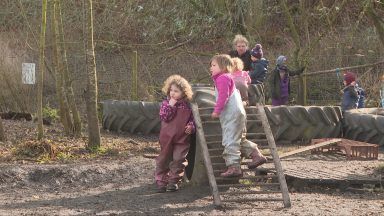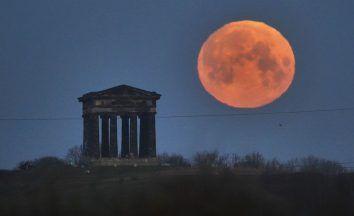Two decades ago, a Scottish couple became the first in the country to marry in a humanist ceremony.
Karen Watts and Martin Reijns said “I do” at Edinburgh Zoo on June 18, 2005, and made history as the first couple to have a legally recognised humanist wedding.
The couple, who are still going strong after 20 years of marriage, said family and friends were “bemused” when the couple told them their ceremony plans.
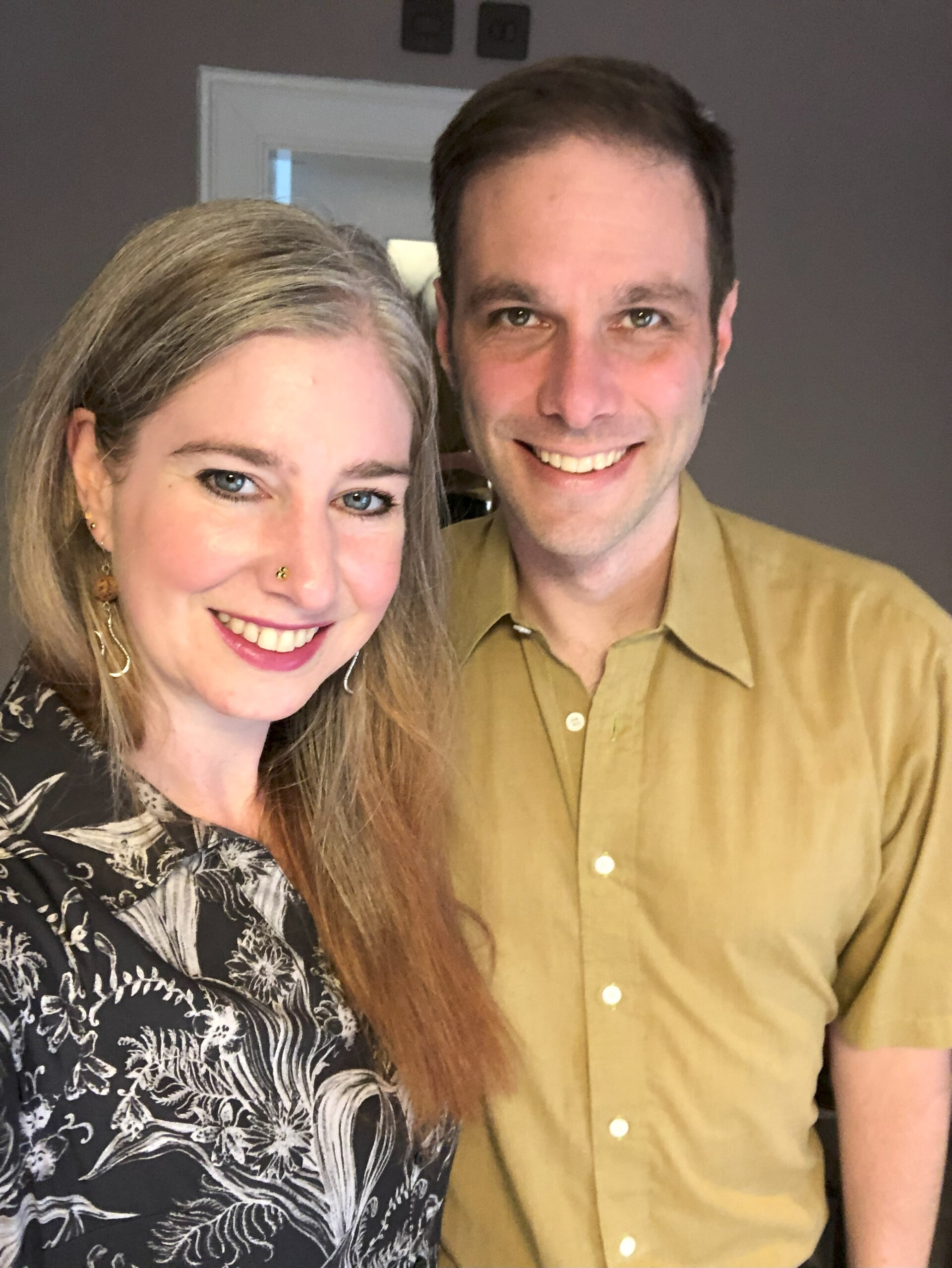 STV News
STV News“They were quite curious, but they loved it. Our guests said it was such a memorable experience for them to see a humanist wedding,” Karen said.
“They still talk about it, it was a really special day,” Martin added.
Karen and Martin said the secret to their happy marriage is “compromise, acceptance, and of course, love”.
They were the first of 82 couples to tie the knot in humanist ceremonies that year after they were legally recognised.
Since then, the ceremonies have exploded in popularity, with over 50,000 couples opting for a non-religious ceremony.
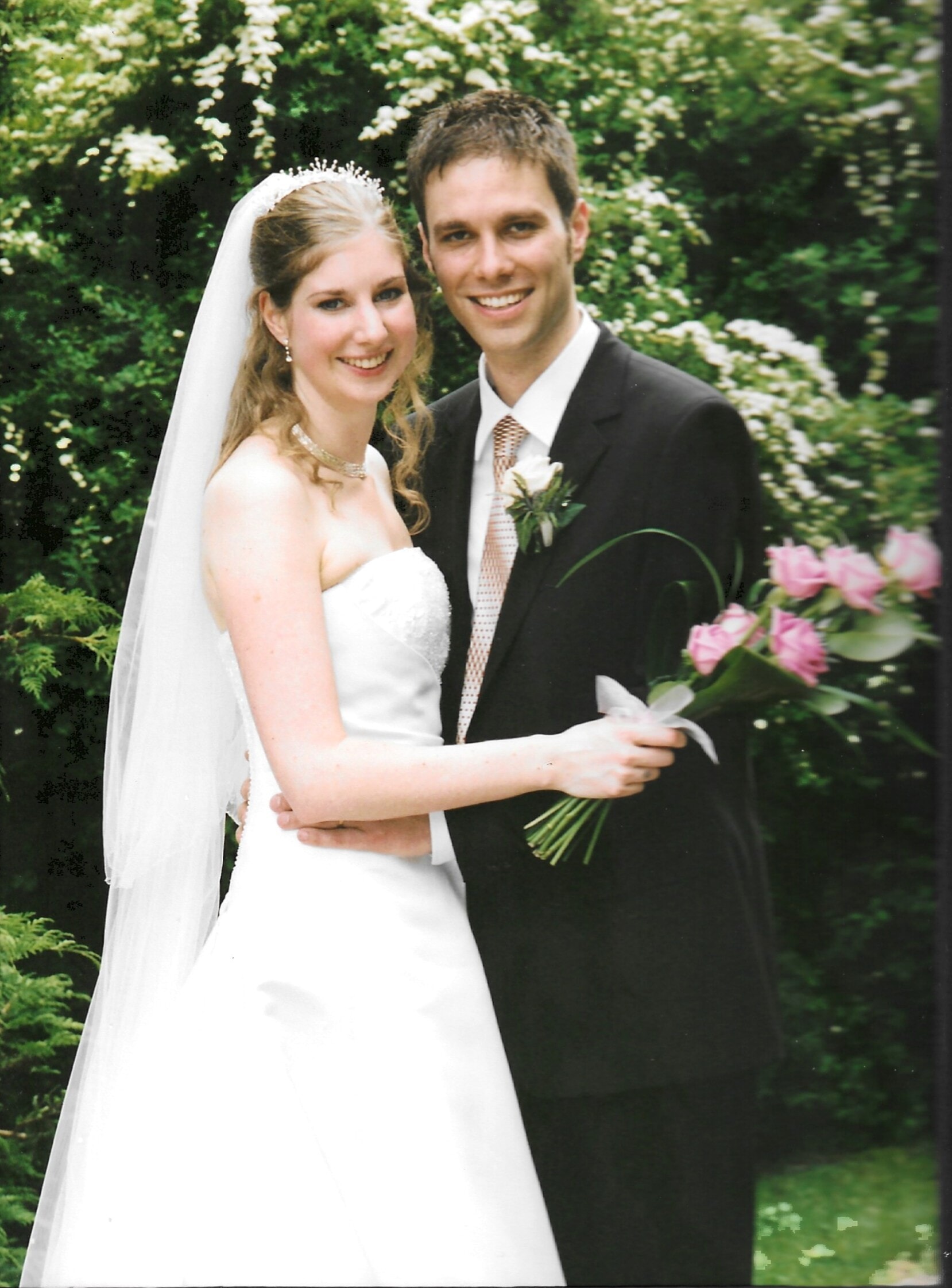 Supplied
SuppliedHumanist celebrant Ivan Middleton, who also served as Secretary of Humanist Society Scotland during the campaign for legal recognition, said: “Our case was simple: under European human rights law, humanists with a non-religious belief system deserved the same rights as religious believers to legally marry.”
In 2019, humanist marriages overtook Christian weddings for the first time.
By 2022, there were more humanist weddings (9,140) than all other faith and belief-based weddings in Scotland combined.
Mandy Evans Ewing, one of the original twelve celebrants who is still conducting ceremonies today, said the beauty of humanist ceremonies is that every one is different.
“Humanist weddings are very personal, and that’s a really important thing because we need to have rituals, ceremonies, and celebrations that are meaningful to us, and resonate with us, and that’s why they are so popular.”
Follow STV News on WhatsApp
Scan the QR code on your mobile device for all the latest news from around the country


